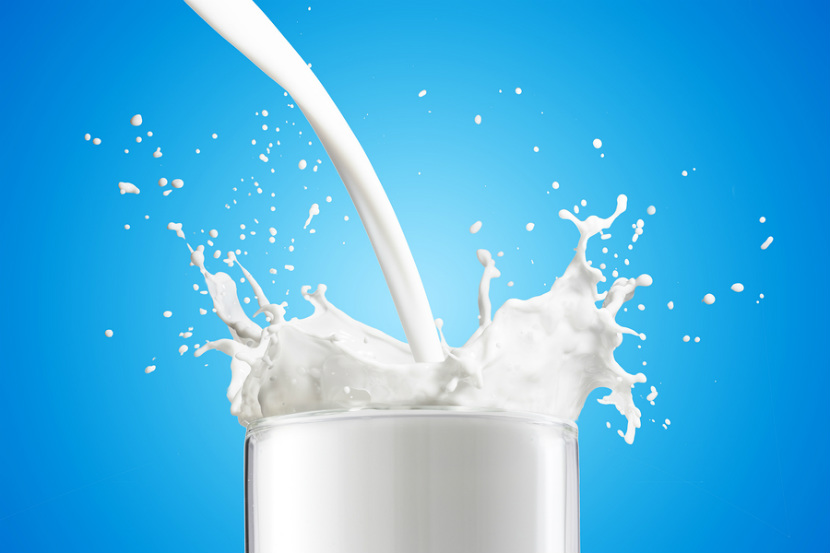 Have you ever wondered if unpasteurized milk is safe to drink? What about unpasteurized cheese or honey? You may have heard that these products are safe, but what are the facts? Read on to learn more about pasteurization and food safety.
Have you ever wondered if unpasteurized milk is safe to drink? What about unpasteurized cheese or honey? You may have heard that these products are safe, but what are the facts? Read on to learn more about pasteurization and food safety.
What is pasteurization?
Pasteurization is a process where certain foods are quickly heated for a short time to kill bacteria that can make you sick. Pasteurization keeps foods safe and does not affect the nutrients found in foods.
Why is pasteurization important?
Pasteurization is important because the bacteria naturally found in some foods can make you very sick. Eating unpasteurized foods can lead to fever, vomiting and diarrhea. In some cases it can lead to conditions like kidney failure, miscarriage and even death.
Children, pregnant women, older adults and people with a weakened immune system are most at risk from getting sick from unpasteurized foods. It is best for people in these groups to avoid unpasteurized foods because they can get sick more easily.
What are the facts on pasteurized and unpasteurized foods?
Milk
In Canada, milk must be pasteurized. This includes milk that is used for yogurt and cheese. According to Health Canada, consuming unpasteurized (raw) milk is not safe. Any possible benefits of drinking unpasteurized milk do not outweigh the possible risk of illness.
Although unpasteurized milk is not allowed to be sold, it may be available at a farm or a farmer’s market. Make sure you ask whether the milk has been pasteurized. If you can’t be sure, avoid it.
Cheese
Some unpasteurized cheeses are legal to sell in Canada. They are made from unpasteurized (raw) milk and aged. The way these cheeses are manufactured helps to get rid of bacteria that can make you sick.
Pregnant women, children, older adults and people with a weakened immune system should avoid eating unpasteurized cheeses. This is especially important for soft and semi-soft cheeses like Brie, Camembert and blue-veined cheeses. If you are not sure if a cheese is pasteurized, look on the label or ask at the grocery store or restaurant.
Honey
Honey is pasteurized to help it last longer. Pasteurization does not make honey safer to eat. However, it is recommended that children under one year of age avoid honey whether it is pasteurized or not. This is because of the possible risk of infant botulism. Pregnant women who are healthy do not need to avoid honey.
Cider and fruit juice
Cider and fruit juices are not required by law to be pasteurized. However, these drinks may become contaminated during handling, processing and transportation. Pasteurization helps to get rid of bacteria, viruses or parasites that may be in cider and fruit juices if they have not been handled properly.
It is best to buy pasteurized juices and ciders. However, if you buy unpasteurized cider or fruit juice, keep it refrigerated and look at the best before date shown on the package before drinking it.
It is not recommended that children, pregnant women, older adults or people with a weakend immune system drink unpasteurized juice and cider.
Eggs
If you would like to use raw or lightly cooked eggs in a recipe like eggnog, mayonnaise, salad dressing or homemade ice cream, use a pasteurized egg product instead of raw eggs. Pasteurization kills harmful Salmonella bacteria.
Pregnant women, children, older adults and people with a weakened immune system should avoid eating foods with raw or lightly cooked eggs that have not been pasteurized.
Bottom line
Pasteurization helps to keep food safe for us to eat. Know the facts before consuming any food or drink that is unpasteurized. Children, pregnant women, older adults and people with a weakened immune system are at the greatest risk from getting sick from unpasteurized foods. It is best for people in these groups to avoid unpasteurized products because they can get sick more easily.
Read more about Understanding foodborne illness here.
Last Update – October 31, 2018